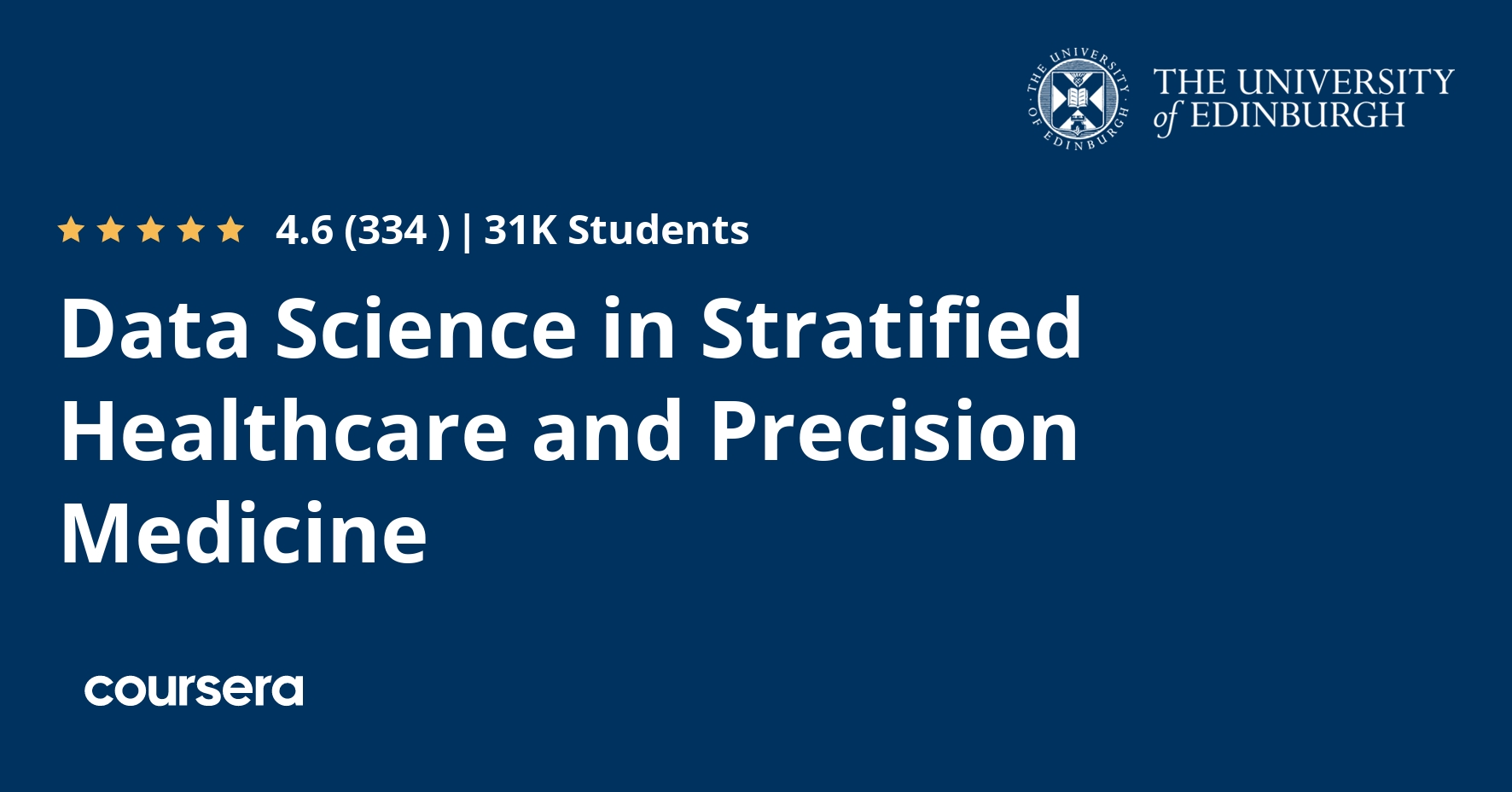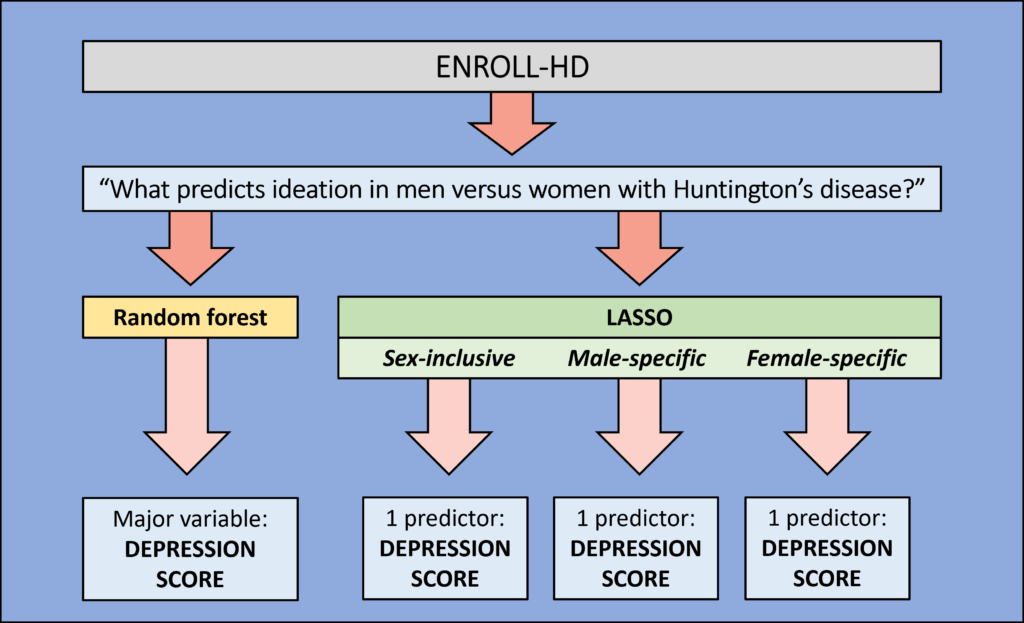comewithme
Full Member
- Joined
- Jan 19, 2023
- Messages
- 11
- Reaction score
- 0
Hi, I am interested in doing neurology as my residency, currently 5th year (out of 6) of medicine in Europe. I also really like math and can’t help but wonder if math is used in neurology. I am aware that while admitting and treating patients there is no room for that but maybe there is something I’m missing.
My point is that while being fascinated by the brain and wanting to do neurology which I am primarily interested in, I also would like to use math in that field (I’m not interested in doing math not related to neurology as a hobby).
I read a lot of topics on math in medicine, where people were suggesting that Rad Onc uses math because you calculate radiation doses or Pediatry uses math becauce you calculate adult to pediatric doses, but that’s just arithmetics (addition, multiplication, division, subtraction) which is the same you would do when calculating how much money you should spend in a grocery store on a given day or what is your patient’s BMI. So, that’s not really the point and I mean more advanced math.
Any answer is appreciated!
My point is that while being fascinated by the brain and wanting to do neurology which I am primarily interested in, I also would like to use math in that field (I’m not interested in doing math not related to neurology as a hobby).
I read a lot of topics on math in medicine, where people were suggesting that Rad Onc uses math because you calculate radiation doses or Pediatry uses math becauce you calculate adult to pediatric doses, but that’s just arithmetics (addition, multiplication, division, subtraction) which is the same you would do when calculating how much money you should spend in a grocery store on a given day or what is your patient’s BMI. So, that’s not really the point and I mean more advanced math.
Any answer is appreciated!






